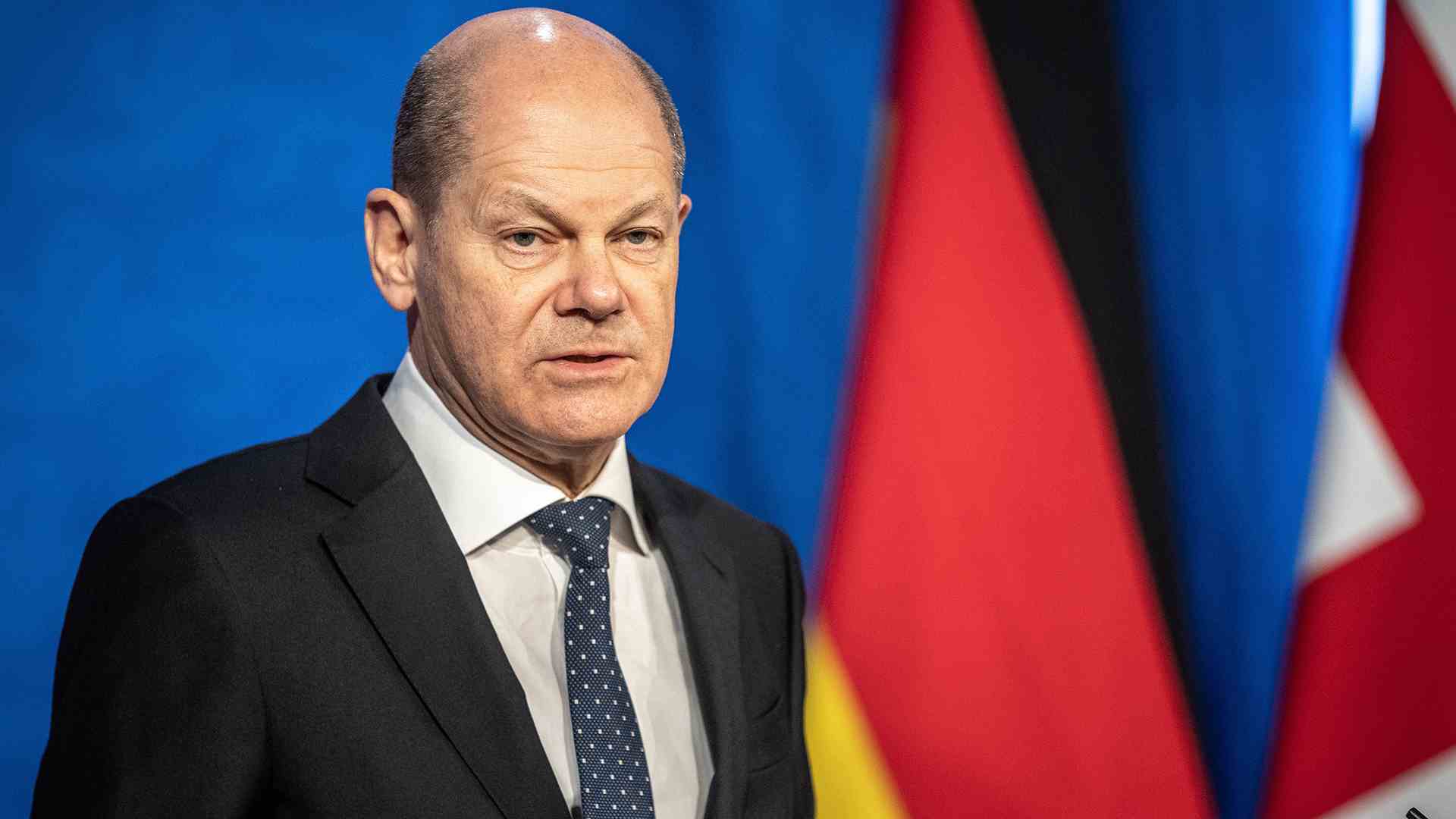Status: 05/13/2022 2:36 p.m
After the massacre in the Ukrainian Bucha there were no more talks between Chancellor Scholz and Russian President Putin. That has changed today – probably on Scholz’s initiative.
After more than six weeks of radio silence, Chancellor Olaf Scholz called Russian President Vladimir Putin again. The Kremlin announced that the conversation took place on a German initiative. Scholz had already announced the initiative in the Bundestag’s Defense Committee that morning. He made his position clear as follows:
Our priority is clear: the war must end immediately.
What was talked about?
According to Scholz, he called for an end to hostilities in Ukraine during the call. “There must be a ceasefire in Ukraine as soon as possible,” Scholz wrote on Twitter after the call.
He also countered the Russian President’s claim that “Nazis” ruled Ukraine. This “is wrong,” emphasized Scholz.
The call lasted 75 minutes
According to government spokesman Steffen Hebestreit, the call lasted 75 minutes. The Chancellor had previously spoken to Ukrainian President Volodymyr Zelenskyy on the phone.
In view of the seriousness of the military situation and the consequences of the war in Ukraine, especially in Mariupol, Scholz also urged the Russian President to improve the humanitarian situation and to make progress in the search for a diplomatic solution to the conflict , Hebestreit explained.
It was also about the tense food situation. Among other things, there is currently a lack of large quantities of wheat on the world market, which Ukraine cannot export due to Russian attacks and blockades.
Kremlin sticks to “Nazi” claim
The Kremlin said that Putin had confirmed his thesis that Russia would oppose “Nazi ideology” in Ukraine and that the country had to be “demilitarized”. According to information from Moscow, Putin also claimed that Ukraine would “block” peace efforts and use “terrorist methods”.
These statements fit Russia’s substantive line: the country repeatedly justifies its war of aggression against neighboring Ukraine, which began on February 24, with alleged “denazification,” among other things. Experts classify this as a mere pretext for Moscow’s aggression.
“Don’t Get Your Hopes Too High”
Hebestreit had previously conceded in Berlin that one should “not attach too much hope” to the exchange with Putin. Nevertheless, it is a matter of exploring whether “it makes sense to keep talking” in order “to bring this terrible war to an end”. One should “leave no initiative untried”.
Of course, at some point you have to come to the point that there have to be diplomatic initiatives again.
There was also radio silence with Macron
After the start of the war in Ukraine, Scholz called Putin several times, most recently on March 30. A few days later, the massacre in the Kiev suburb of Bucha became known. After that there was no more contact.
French President Emmanuel Macron had also stopped talking to Putin on the phone in the meantime, but picked up the phone again on May 3. UN Secretary-General Antonio Guterres even visited Putin in Moscow in order to achieve a de-escalation in the Ukraine war.

